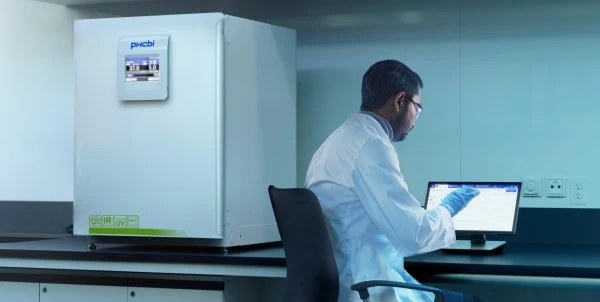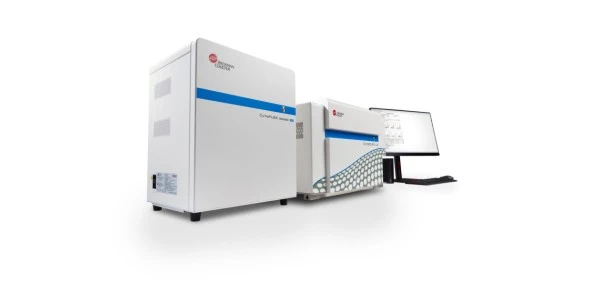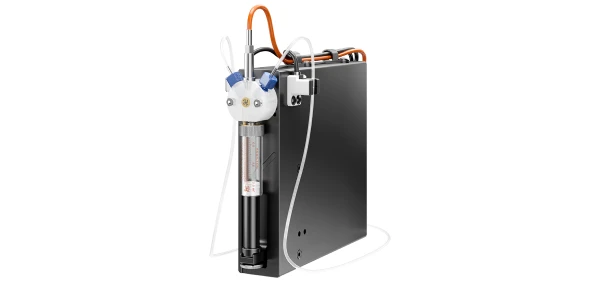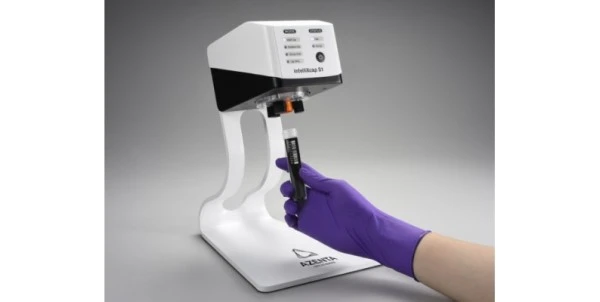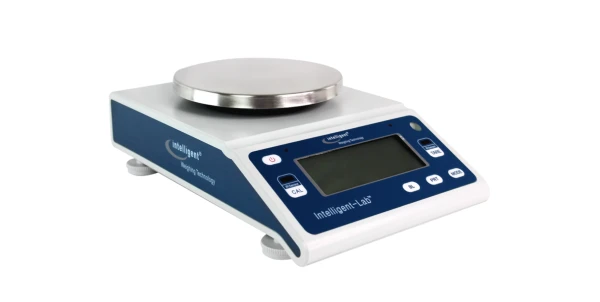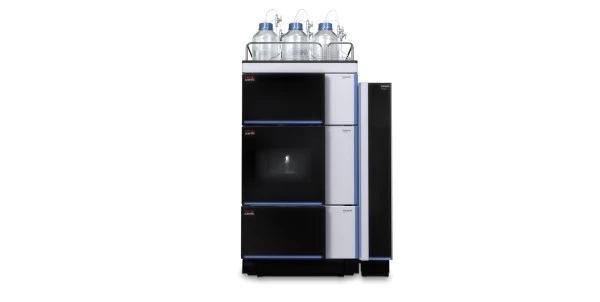Updates on Cannabis Research and Regulation
Microbial Testing Updates and New Initiatives for Cannabis Research
The cannabis and hemp industries continue to grow under constantly changing conditions. Incremental progress on the regulatory front is cultivating higher standards and quality. While steps forward on the cannabis research front are enabling new opportunities for understanding the value of cannabis in science and medicine.
Microbial Testing Updates
Many states have enacted microbial testing requirements for human pathogens such as Shiga toxin-producing E. coli (STEC), Salmonella, and others. Although testing requirements for Total Yeast and Mold have been enacted in many states, Aspergillus spp. testing requirements have lagged somewhat. This is despite the development and validation of rigorous pathogenic Aspergillus testing methods.
This is now changing, with a growing number of states adopting regulations. Colorado, one of the pioneering states for cannabis legalization, has joined in adding pathogenic Aspergillus to the testing repertoire. With this leader in the industry now onboard, some are predicting the remainder of states will soon adopt requirements as well.
Adding another testing requirement can come with mixed reviews by some. Why make the bar higher for growers and processors – especially small batch producers that already face logistical challenges. The CDC states that Aspergillus mold is all around us and spores can transmit the mold to unpredictable niches. The issue becomes severe when the species are of the pathogenic type and the people in these niches are immunocompromised, as is the case for many medicinal cannabis users.
Challenges of adding another test, such as increased cost, may be in actuality a temporary issue. In the case of Aspergillus, a precedent exists with similar limitations set by the FDA for food testing. Adoption of Aspergillus testing now may make the transition to federal requirements more streamlined – a development that most cannabis stakeholders agree is coming.
Microbial Testing Maps
In the meantime, testing continue to vary by state and keeping up to date can be a challenge on its own. Recently enhanced sites from Medical Genomics and others can serve as a comprehensive resource to map requirements by state and list details regarding testing limits and methods.
The Growth of Cannabis Research
The conversation regarding expanding access to cannabis for funded research has been escalating. It is imperative to understand the positive attributes of cannabis as well as possible unwanted side effects. These are characteristics that only research can uncover. To date, limited research has been published and only one federally sanctioned cannabis supplier has been in operation. As discussed previously, this is now changing, and the future looks promising for much-needed research.
A recent notice published by the National Institutes of Health has cited the need for expansion into research on “therapeutic and other biological properties of minor cannabinoids and terpenes”. This Notice of Special Interest (NOSI) has been issued by multiple NIH institutes. The goal is to broaden the focus beyond delta-9 THC, and explore cannabigerol (CBG), cannabinol (CBN), and a host of other compounds including the acidic precursor form of THC (THCA) as well as the now infamous delta-8 THC. Well known terpenes including pinene, humulene, myrcene, and others are included in the initiative as well. The initiative intends to support preclinical research as well as clinical translational efforts.
Why is this important? A growing body of evidence suggest cannabis plants and many of the minor cannabinoids and terpenes therein contribute to medical value. Either in isolation or in combination, these compounds can theoretically be used to treat pain, insomnia, inflammation, and a host of other conditions, including cancer. The largely preliminary findings may soon be supported with increased validation through this NIH initiative. In turn, the wealth of opportunities afforded by increased availability of cannabis and expanded areas of research funding will help strengthen and inspire the medicinal cannabis field.
Visit the Cannabis Laboratory Application Page for further insight and product listings.

